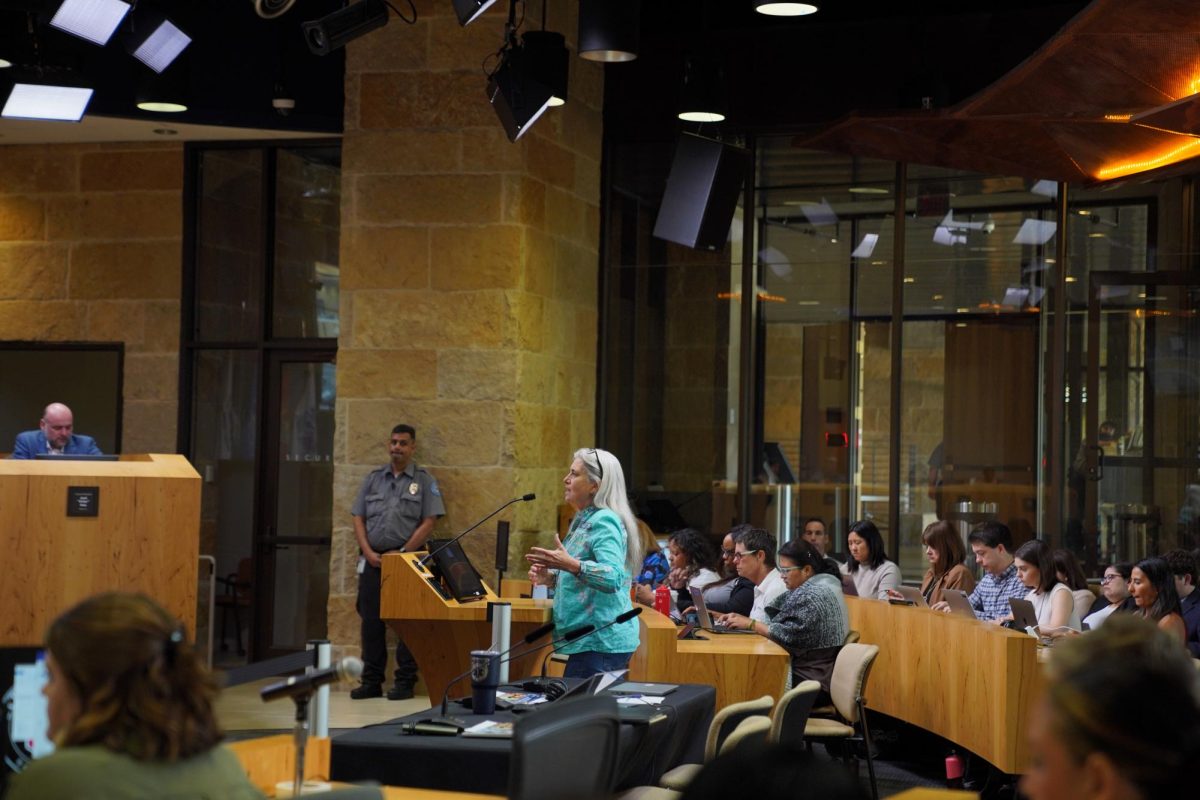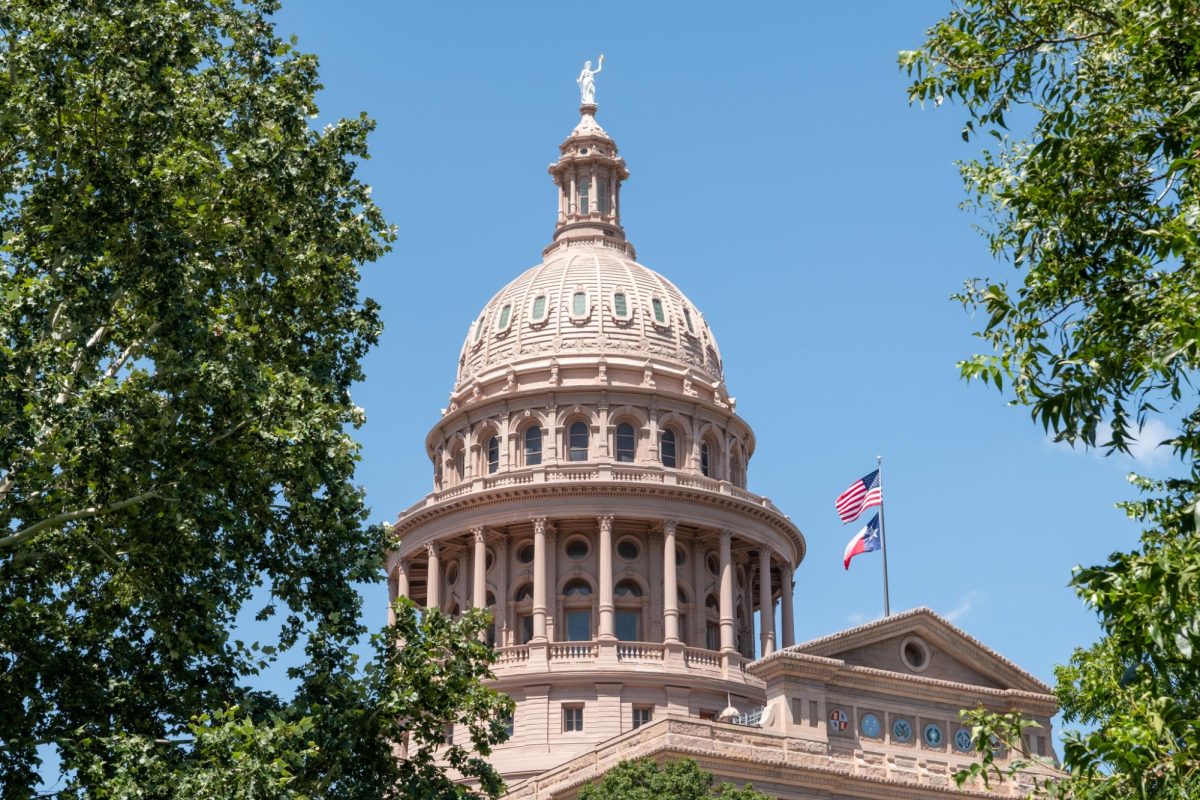[Corrected 2:12 p.m. on Sept. 2: Because of an editing error, the headline that ran in the print version of this story incorrectly stated UHS offers free services to students.]
The resources of three Austin-area family planning clinics will soon be stretched thin as a result of reductions in state and federal funding.
Under the new state budget which took effect Thursday, El Buen Samaritano, the People’s Community Clinic and Planned Parenthood will receive $1.4 million less in government subsidies than in the past, clinic officials said at a press conference Thursday. In addition to general health services for uninsured Austin residents, these clinics also provide primary prevention services for women’s health and encourage screenings for breast, cervical and testicular cancers, as well as anemia, hypertension, diabetes and sexually transmitted diseases.
In response to these budget cuts, University Health Services consumer education and outreach coordinator Sherry Bell said it’s important to remind students that the University offers its own range of women’s health services.
“If resources in the community are affected, it’s even more important for students to be aware of the services offered through UHS,” Bell said. “To find out what’s available here at UHS, students can go to www.healthyhorns.utexas.edu and click ‘Women’s Health.’”
Regina Rogoff, chief executive officer of the People’s Community Clinic, said these cuts don’t necessarily mean the quality or range of services offered at her clinic will be affected.
“In spite of the draconian budget cuts, we will be working at no cost [to our services’ quality] to continue providing services to low-income women,” Rogoff said.
She said that in the short term, the clinic will tap into its reserves to make up for the cuts and also work toward acquiring new sources of funding. However, some patients will no longer be offered services at zero cost and will be asked to contribute what they can.
“The solution is not less care but to encourage the community to step in to support the health needs of the uninsured,” Rogoff said.
The cuts will close the access these clinics had to reduced prices for contraceptive devices and drugs, Rogoff said.
Celia Neavel, the director of adolescent health for the People’s Community Clinic, said the clinic’s services have been effective in reducing the teen pregnancy problems in Texas, but she fears the budget cuts might slow down progress.
Texas is ranked first in the nation for teens who have had a second child, according to a 2009 study by the nonprofit research group Child Trends. Neavel said her clinics’ teen patients have a 9-percent chance of a repeat pregnancy, while the national average is 21 percent. She said the cuts will have a negative effect on keeping these rates low, which
in turn also affects college dropout rates.
“We encourage teens to use our services in order to prevent a second pregnancy,” Neavel said. “Becoming pregnant a second time often doesn’t allow them to continue their education.”
Public relations senior Lorianne Kendall said the cuts are a counterintuitive measure.
“It doesn’t make any sense,” Kendall said. “By cutting that funding, you’re basically reducing knowledge about safe sex and unwanted pregnancies, and it exacerbates the issue."
Printed on Friday, September 2, 2011 as: UHS will still offer free services despite state funding cuts




















